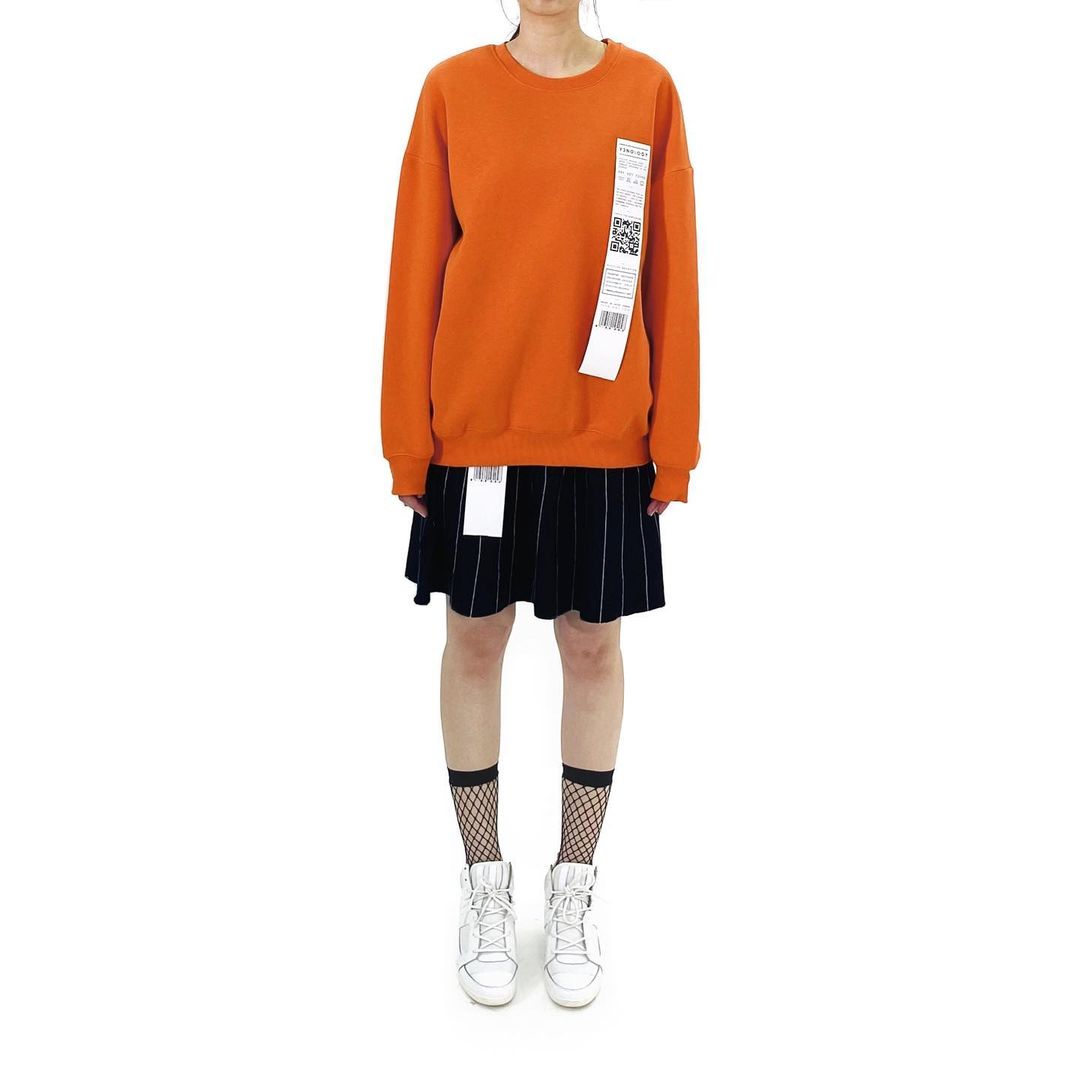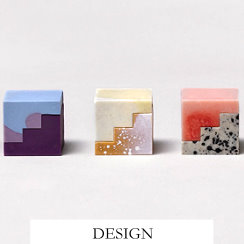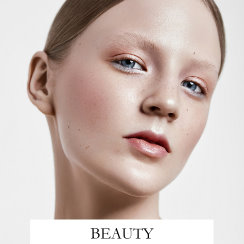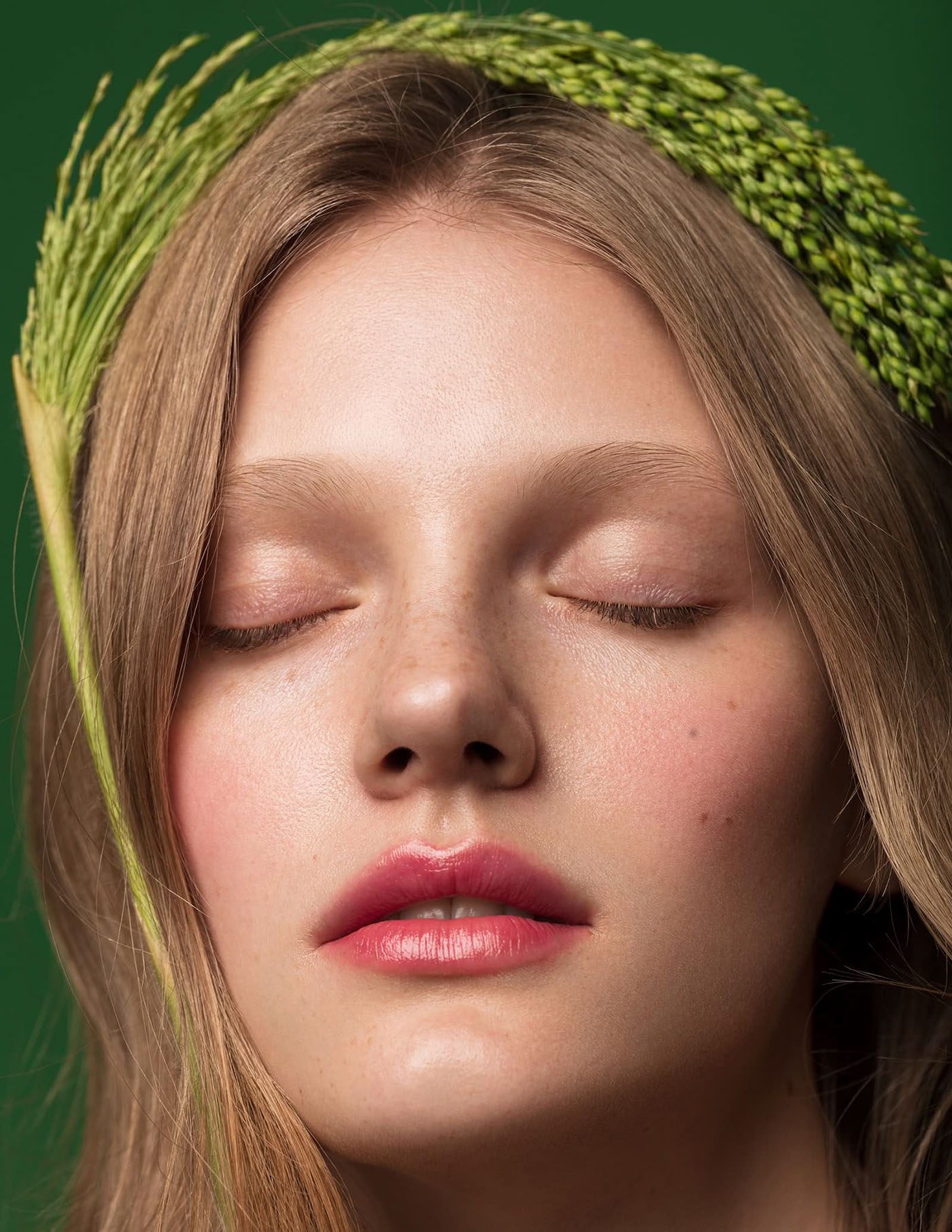
Sunshine can treat skin disorders, make hair grow faster and help your body release vitamin D. It’s a wonderful thing, but you need to expose yourself to it gradually and carefully. We all know that sunblock and layers of clothing are efficient when it comes to protecting skin from sun damage.
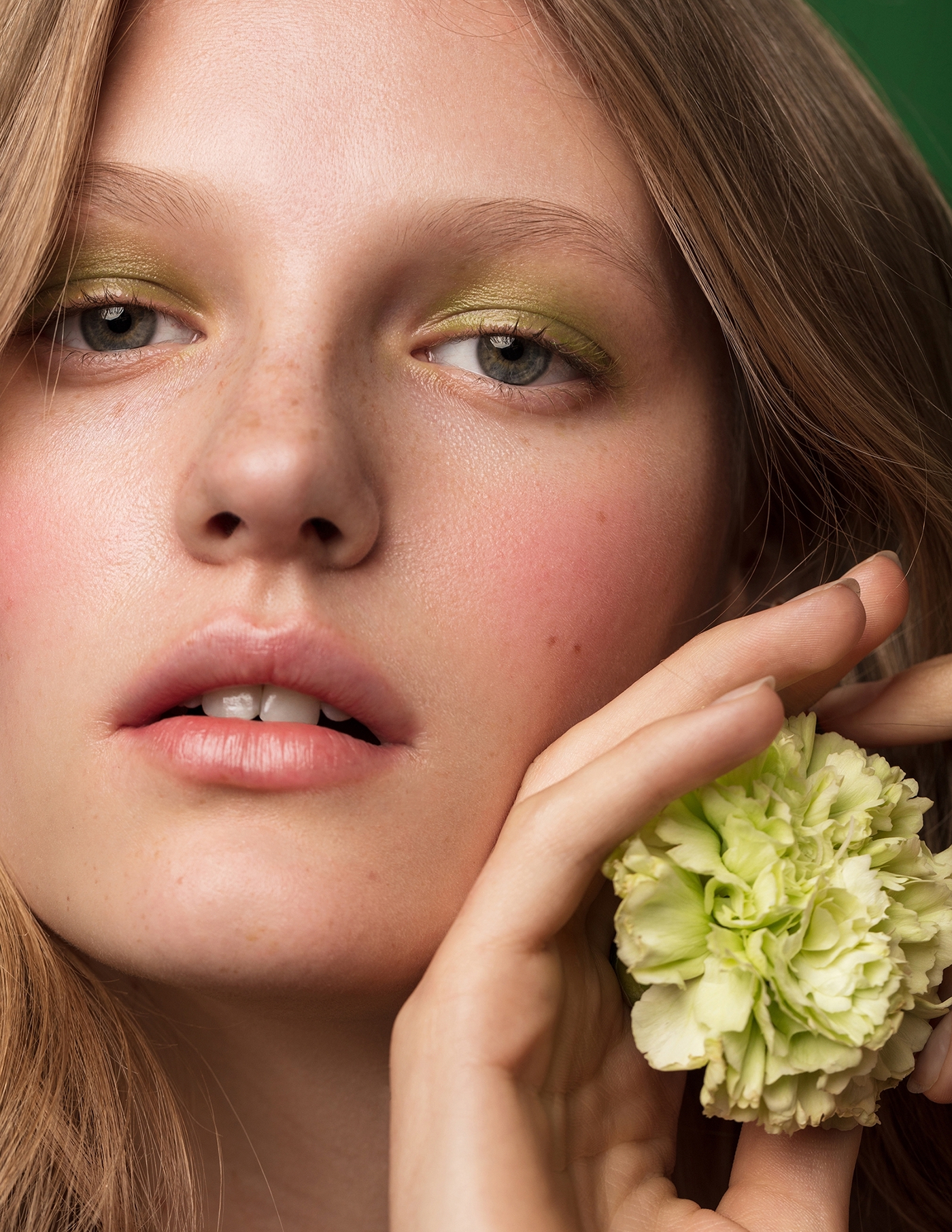
IT’S MADE TO LAST
Most people associate the risk of skin cancer with the long, warm and bright days summer, when we're out and about for hours at a time, wearing as little fabric on our bodies as is socially acceptable.
But the risk doesn't go away when the temperature drops. True, during winter the northern hemisphere points away from the sun, and the atmosphere blocks some of the sun’s harmful UV rays. Yet even that reduced level of sunlight can do damage. In fact, winter conditions create risks all their own, and we should be mindful of them.
If you love to ski, for example, your skin (whatever part of it isn't covered up by all those layers, anyway) is subjected to a double challenge: At high altitudes the atmosphere provides less protection. And all that white snow acts like a colossal reflector, so you're bombarded by UV rays ... twice!
And don't think you're safe on a cloudy day. Some studies suggest the sun’s rays bounce off the sides of those clouds, making the radiation even more dangerous.
That's why winter is no time to put away the sunblock. You need it just as much as ever, along with other strategies for protecting your skin. Keep these in mind:
Make It Strong. Doctors recommend a sunscreen with an SPF of at least 30, which blocks up to 95 percent of the sun’s UV rays. Choose a broad-spectrum version, which blocks both UVA and UVB rays.
Use It Often. Reapply sunblock every two hours, more often if you're extra active (like skiing) and sweating.
Don't Miss Any Spots. “Lips and ears are common places to develop skin cancer,” said City of Hope dermatologist Badri Modi, M.D. They're also the locations where skin cancer tends to do the most cosmetic damage, as well as spread quickly. Use regular sunscreen on your ears, and a good SPF 30 lip balm on your mouth.
Remember Your Eyes. Skin cancer can also develop on the eye, so wear sunglasses in all seasons.
Tanning? Don't! Resist the temptation to use a tanning bed on those cold, gray days. “I think of tanning beds as the skin’s equivalent to smoking,” Modi said. They significantly increase your cancer risk. Try a self-tanning lotion or spray instead.
Smart Skin Care. The cold, windy air of winter can dry out your skin, so fight back with a good moisturizer, and use it often.
Above all, keep a close watch for any changes in your skin, and ask your doctor for an annual skin check. That's the best way to keep your skin healthy and looking good ... summer and winter!
Post on 13 February, 2018

